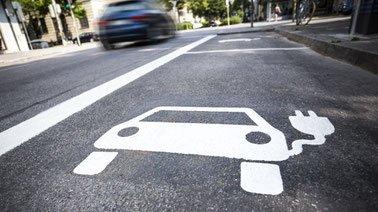MOOC List is learner-supported. When you buy through links on our site, we may earn an affiliate commission.

MOOC List is learner-supported. When you buy through links on our site, we may earn an affiliate commission.
This makes it important for engineers working with vehicles to understand how both these powertrains work, and how to determine their performance and energy consumption for different type of vehicles and different ways of driving vehicles.
This course is aimed at learners with a bachelor's degree or engineers in the automotive industry who need to develop their knowledge about electric powertrains.
In this course, you will learn how electric and conventional combustion engine powertrains are built and how they work. You will learn methods to calculate their performance and energy consumption and how to simulate them in different driving cycles. You will also learn about the basic function, the main limits and the losses of:
- Combustion engines,
- Transmissions
- Electric machines,
- Power electronics
- Batteries.
This knowledge will also be a base for understanding and analysing different types of hybrid vehicles, discussed in the course, Hybrid Vehicles.
As a result of support from MathWorks, students will be granted access to MATLAB/Simulink for the duration of the course.
This course is part of the Emerging Automotive Technologies MicroMasters® Program and part of the Battery Electric Vehicles and Hybrid Vehicles Professional Certificate.
What you'll learn
- Formulate vehicle performance requirements
- Translate vehicle requirements to powertrain requirements
- Sizing powertrain components
- Strengths and weaknesses of electric and conventional powertrains
- Driving cycle simulation
- Determine electricity- or fuel consumption of different powertrains
MOOC List is learner-supported. When you buy through links on our site, we may earn an affiliate commission.
MOOC List is learner-supported. When you buy through links on our site, we may earn an affiliate commission.
